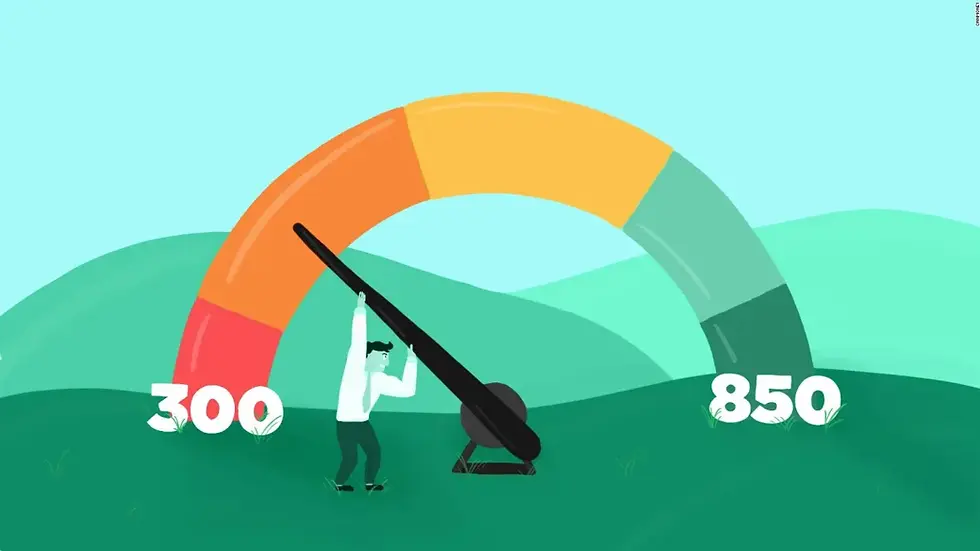Tesla faces its worst year in sales, but its stock continues to shine: What happened with Tesla in 2024 and 2025
- Annabelle Torres
- Feb 10, 2025
- 2 min read
Updated: Feb 15, 2025

Tesla will report tighter profit margins in its quarterly and annual results due to the decline in sales in 2024—its first annual drop in the company’s history—as well as the growing price war in the electric vehicle sector. However, many investors seem more focused on Elon Musk’s relationship with Donald Trump than on the challenges the automaker is facing.
Despite issues such as increasing competition and changes in federal emissions regulations that could impact Tesla’s revenue from regulatory credits, the company’s stock has risen 57% since the elections. In 2024, Tesla nearly lost its position as the world’s largest electric vehicle manufacturer, overtaken by the Chinese automaker BYD—though BYD has yet to enter the U.S. market. If the trend continues, Tesla may lose that position this year. Musk’s closeness to Trump has raised expectations among investors, who hope the new administration will favor Musk’s plans, such as approving fully autonomous cars without pedals or steering wheels—a promise Musk has made for years. However, Tesla’s technology, including its “Full Self-Driving” (FSD) system, has not met previous expectations and is facing safety investigations. Despite this, Musk continues to claim that Tesla’s autonomous robotaxis will be available by 2026, which he says will make the company the most valuable in the world. Some analysts share this vision.
On the other hand, some analysts do not believe in the imminent arrival of autonomous driving and warn that the slowdown in the U.S. electric vehicle market could pose a serious challenge for Tesla. The company’s stock has dropped 17% from its peak last month, though it still remains above pre-election levels.
A key issue is the future of regulatory credits. Additionally, there has been talk of eliminating the $7,500 tax credit for electric vehicle purchases, which could make Tesla cars less competitive compared to gasoline-powered vehicles.
The removal of this credit could even increase Tesla’s competitive advantage, as the company remains the most profitable electric vehicle manufacturer. However, some analysts suggest that losing the tax credit will make it harder for Tesla to compete with gasoline cars, especially as demand has not yet fully caught up with the company’s production capacity.
Tesla could respond to these challenges by lowering its vehicle prices, as it did in 2019 when it lost a previous tax credit. However, with tighter margins, this strategy could put further pressure on its finances.
Finally, a point of concern for some investors is Musk’s focus, as he appears to be dedicating more time to other companies and projects such as SpaceX, X (formerly Twitter), and his artificial intelligence company, xAI. His lack of attention to Tesla’s daily operations could affect its performance. Although the company continues to launch new models, such as an updated Model Y, there was no special event to promote this change, raising doubts about Musk’s focus on the automaker.
Despite the challenges, some analysts remain optimistic, though they acknowledge that Tesla faces significant short-term obstacles.
4o
.png)






Comments